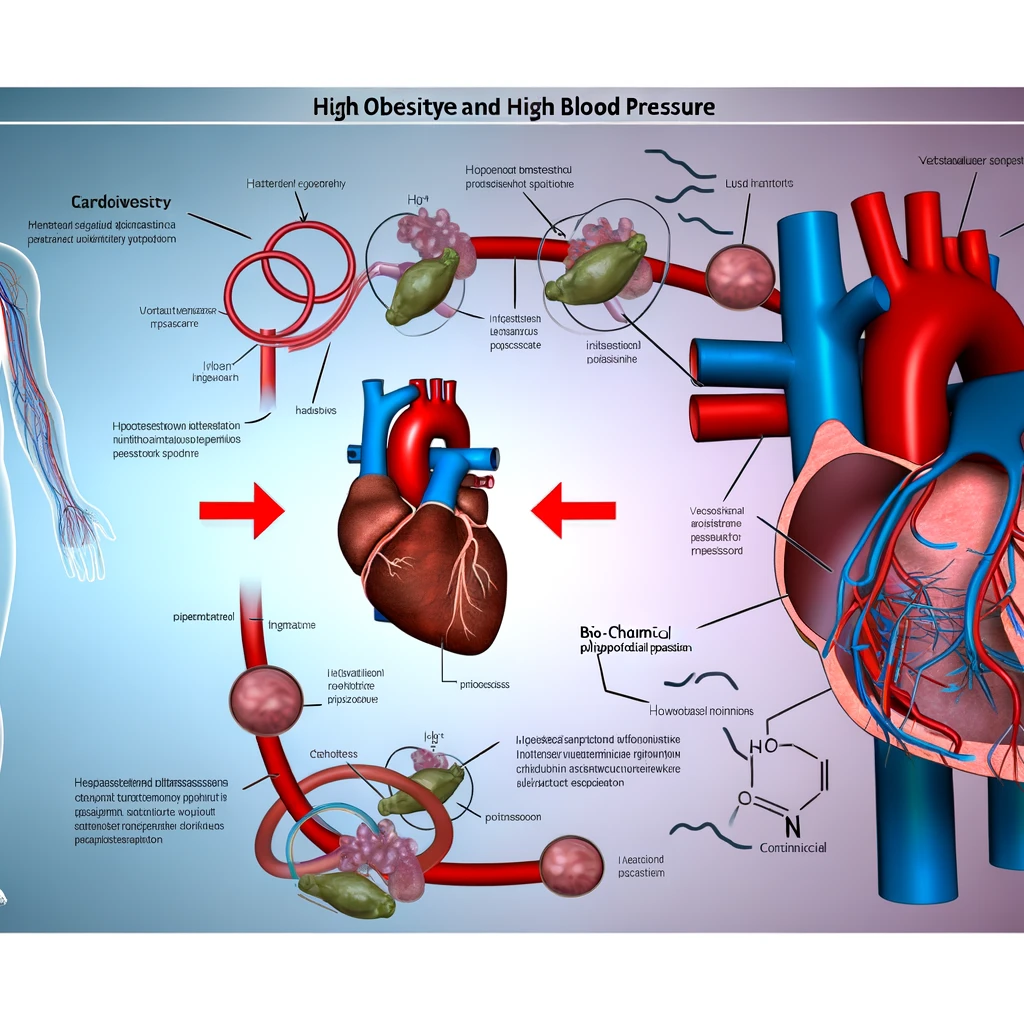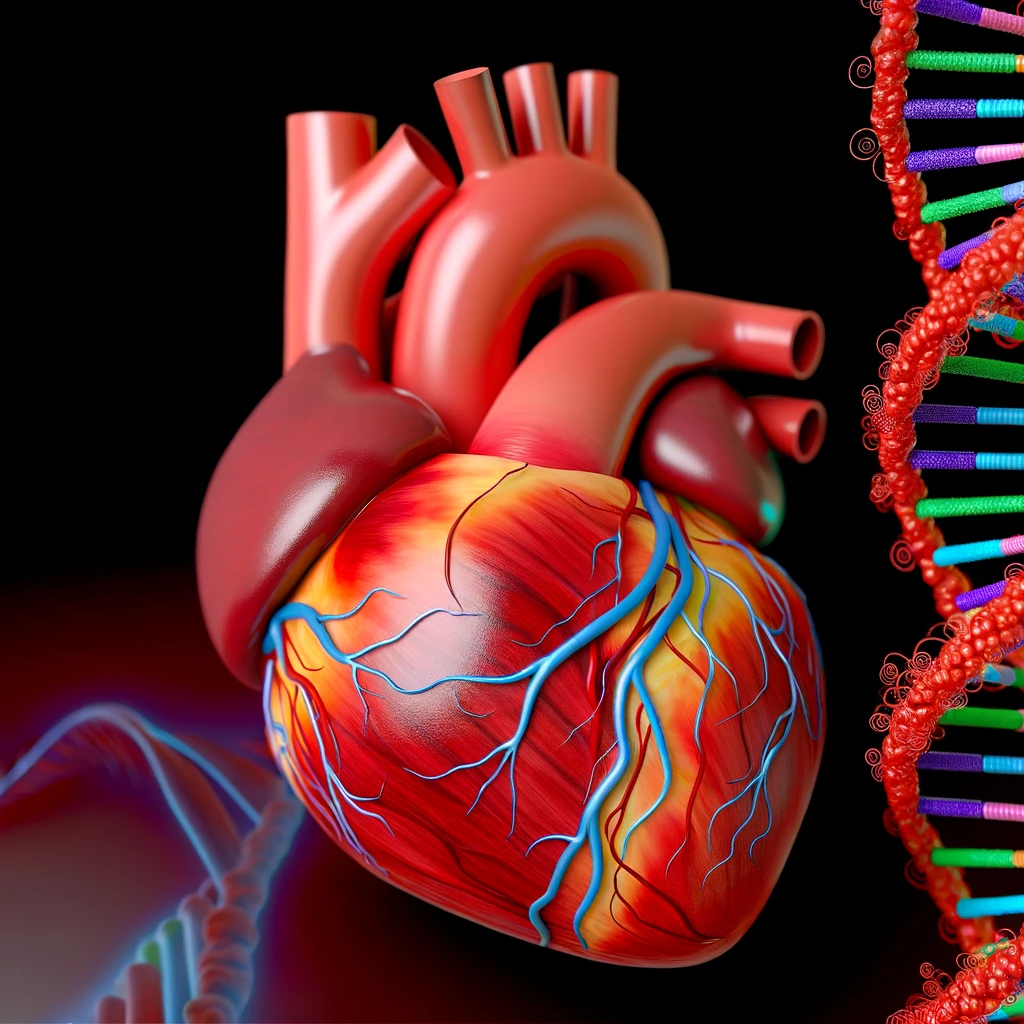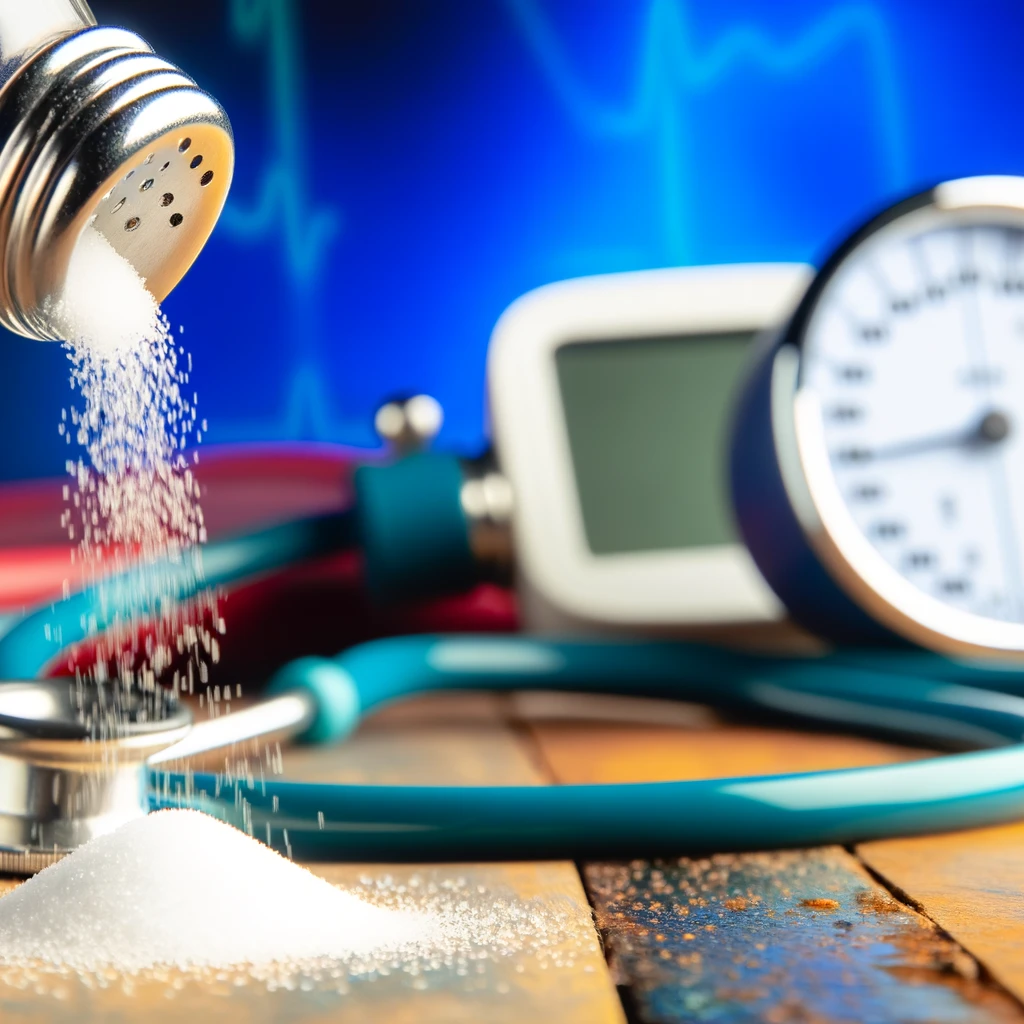Related Articles









Hypertension, commonly known as high blood pressure, is a prevalent health issue affecting millions worldwide. It is often dubbed the 'silent killer' due to its asymptomatic nature. One of the significant dietary factors influencing hypertension is salt intake, a common component of many diets globally. Understanding the connection between salt and hypertension is crucial for effective health management.
Hypertension occurs when the force of the blood against artery walls is too high, often leading to severe health complications, including heart disease, stroke, and kidney failure. Blood pressure is measured in millimeters of mercury (mmHg) and consists of two numbers: systolic and diastolic pressure. A normal blood pressure reading is typically around 120/80 mmHg.
Several factors contribute to hypertension, including genetics, age, lifestyle, and diet. Among these, dietary habits, especially sodium consumption, play a pivotal role in the regulation of blood pressure levels.
Salt, or sodium chloride, is essential for body functions such as nerve transmission and muscle contraction. However, excessive sodium intake can lead to fluid retention, increasing blood volume and, consequently, blood pressure. The World Health Organization recommends consuming less than 5 grams of salt per day to reduce the risk of hypertension.
Reducing salt intake is an effective strategy to manage and prevent hypertension. Here are some practical tips:
Reducing salt intake can lower blood pressure, decrease the risk of cardiovascular diseases, and improve overall health. It is a simple yet effective measure that can significantly impact public health outcomes.
Understanding the connection between salt and hypertension is crucial in the fight against high blood pressure. By adopting a low-sodium diet and making informed dietary choices, individuals can significantly reduce the risk of hypertension and its associated health complications. It is essential to stay informed and proactive about dietary habits to maintain optimal health and well-being.